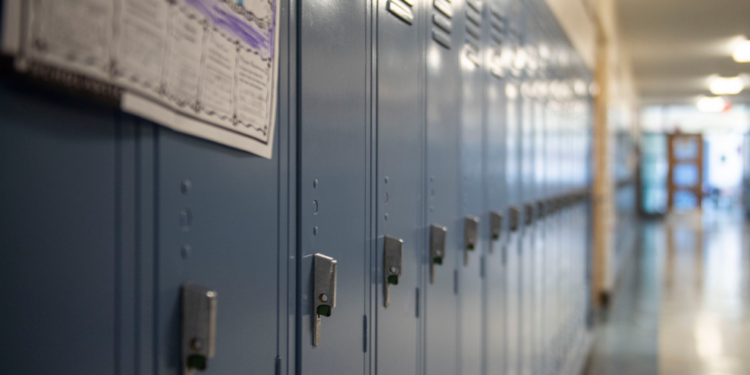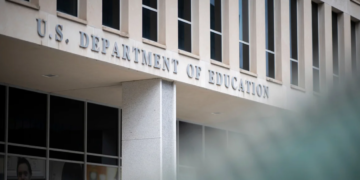Jan 18, 2025 Story by: Editor
A recent study by the nonprofit Education Trust-Midwest has revealed that Black children and students in Michigan’s poorest districts are disproportionately taught by less experienced teachers. The analysis sheds light on how teacher shortages, exacerbated by the COVID-19 pandemic, have significantly impacted the state’s most vulnerable students.
The findings highlight that these students are more likely to be taught by educators with emergency credentials or those teaching outside their fields of expertise. Additionally, districts with high poverty levels face greater challenges in attracting and retaining experienced teachers compared to wealthier areas.
Inequalities in Teacher Distribution
The study uses Michigan’s opportunity index program, which categorizes districts into six bands based on the percentage of students living in poverty, with Band 6 representing the highest poverty levels. The research found significant disparities:
- Over 16.5% of teachers in high-poverty districts taught outside their field of study in the 2022-23 school year, more than double the state average.
- High-poverty districts were 16 times more likely to employ teachers with emergency credentials compared to wealthier areas.
- 32% of teachers in the poorest districts were first-year educators, compared to just 16% in wealthier areas.
- Schools with majority Black student populations were nearly four times more likely to have teachers working outside their fields and twice as likely to have less experienced teachers compared to predominantly white districts.
Teacher retention rates have also declined, with high-poverty districts experiencing an 11-percentage-point drop compared to the wealthiest districts.
Addressing Teacher Shortages and Inequities
Michigan has implemented programs such as the MI Future Educator Fellowship and the MI Future Educator Stipend to address these shortages. These initiatives aim to attract new teachers and provide mentorship and loan repayment support. However, the issue of low salaries remains a significant barrier.
A teacher in one focus group expressed frustration, stating, “Why would you go and spend $50,000 to $80,000 to go into student loan debt to become a teacher when you qualify for the Bridge Card?”
The report emphasizes the need for equitable school funding to address these disparities. Kyle Lim from the racial justice group Urban Core Collective stated, “Most urban public schools do not have the funds to increase pay immediately. As a state, we need to pressure our legislators to increase education revenue for schools.”
Legislative Challenges Ahead
In 2023, Michigan lawmakers passed a historic budget that increased funding for schools in need. However, with Republicans now controlling the state House, future budgets may face challenges in maintaining the same priorities.
Despite these obstacles, Jen DeNeal, director of policy and research at Ed Trust-Midwest, remains optimistic, noting bipartisan support for initiatives like the science of reading in early literacy learning. She explained, “The opportunity index has widespread benefits for every geographic area and, frankly, every legislative district in the state of Michigan.”
Recommendations for Improvement
The report offers several suggestions to tackle the teacher shortage and improve equity:
- Enhance data collection to understand why teachers leave the profession.
- Increase investment in professional development and administrative support.
- Create supportive environments for educators to thrive.
Maegan Frierson, director of system building at K-Connect, emphasized the importance of fostering better environments for teachers, stating, “If we’re wanting folks who will have the greatest impact on our kids, we have to have supportive environments.”
Programs like the West Michigan Teacher Collaborative show promise by connecting future educators with experienced teachers, offering mentorship, and building community ties. Frierson noted, “They are having conversations with experts from the community and getting advice from leading educators.”
As Michigan grapples with its teacher shortage, addressing these systemic issues remains critical to ensuring all students receive a quality education. Source: ED Trust

















